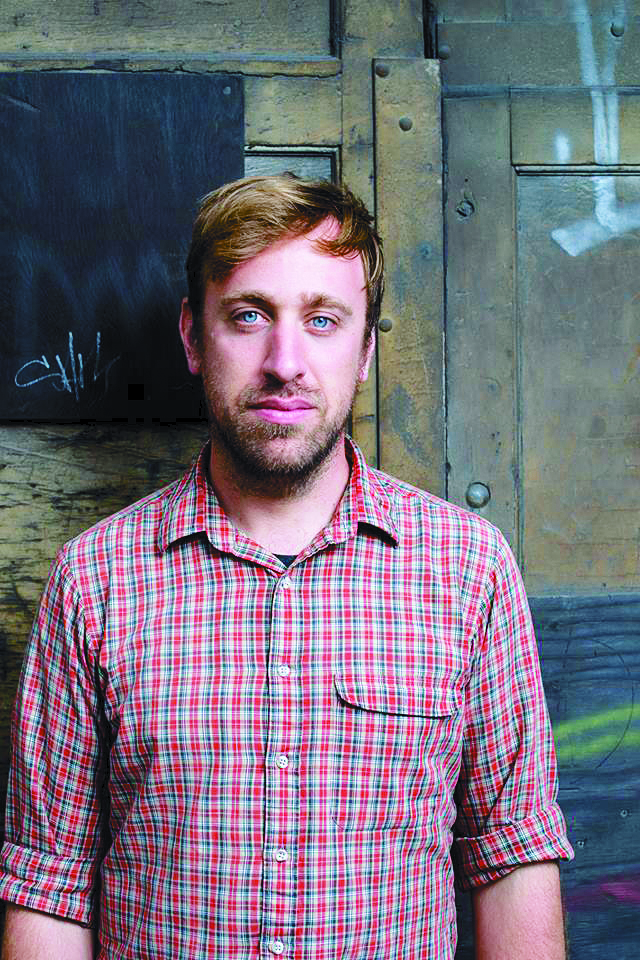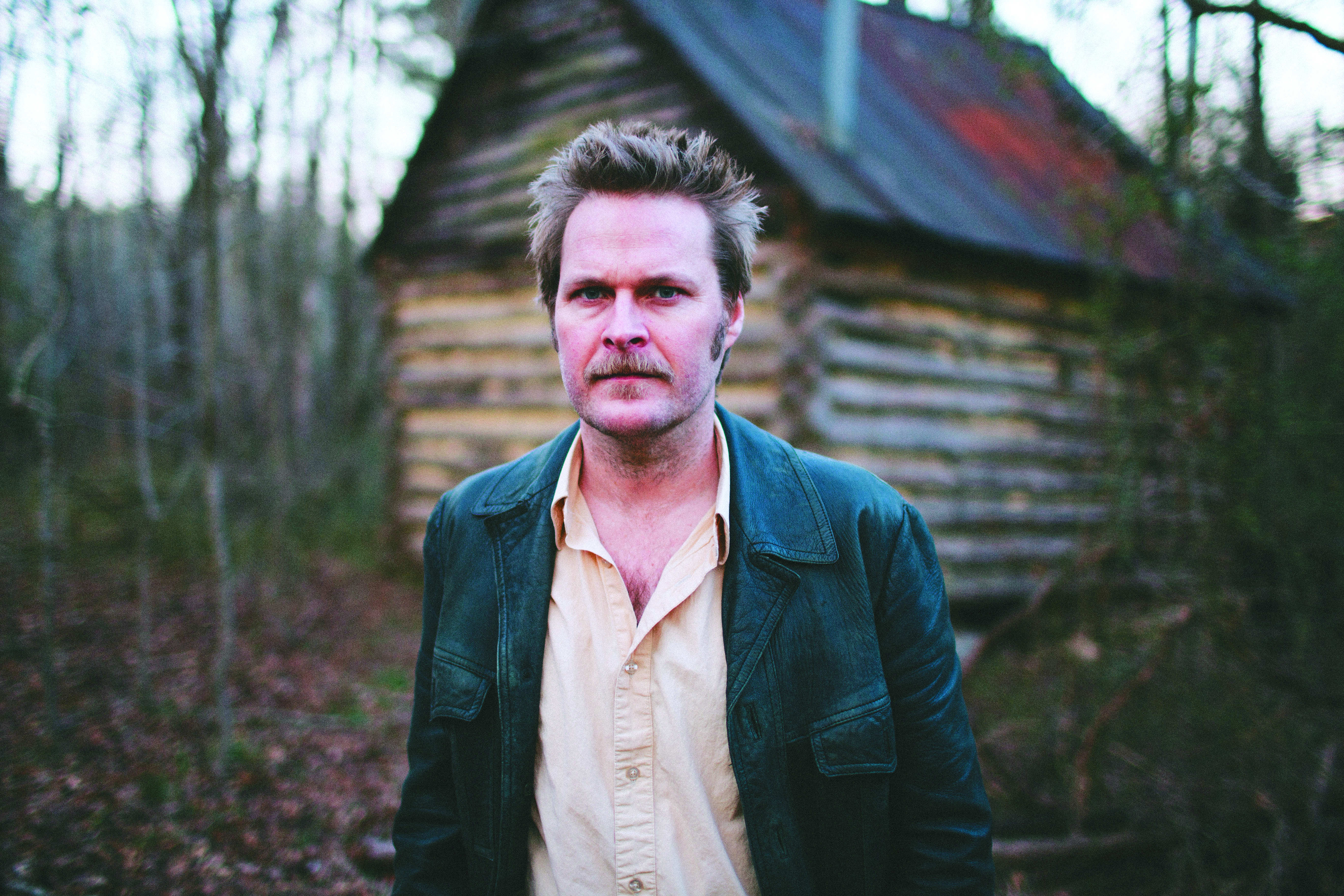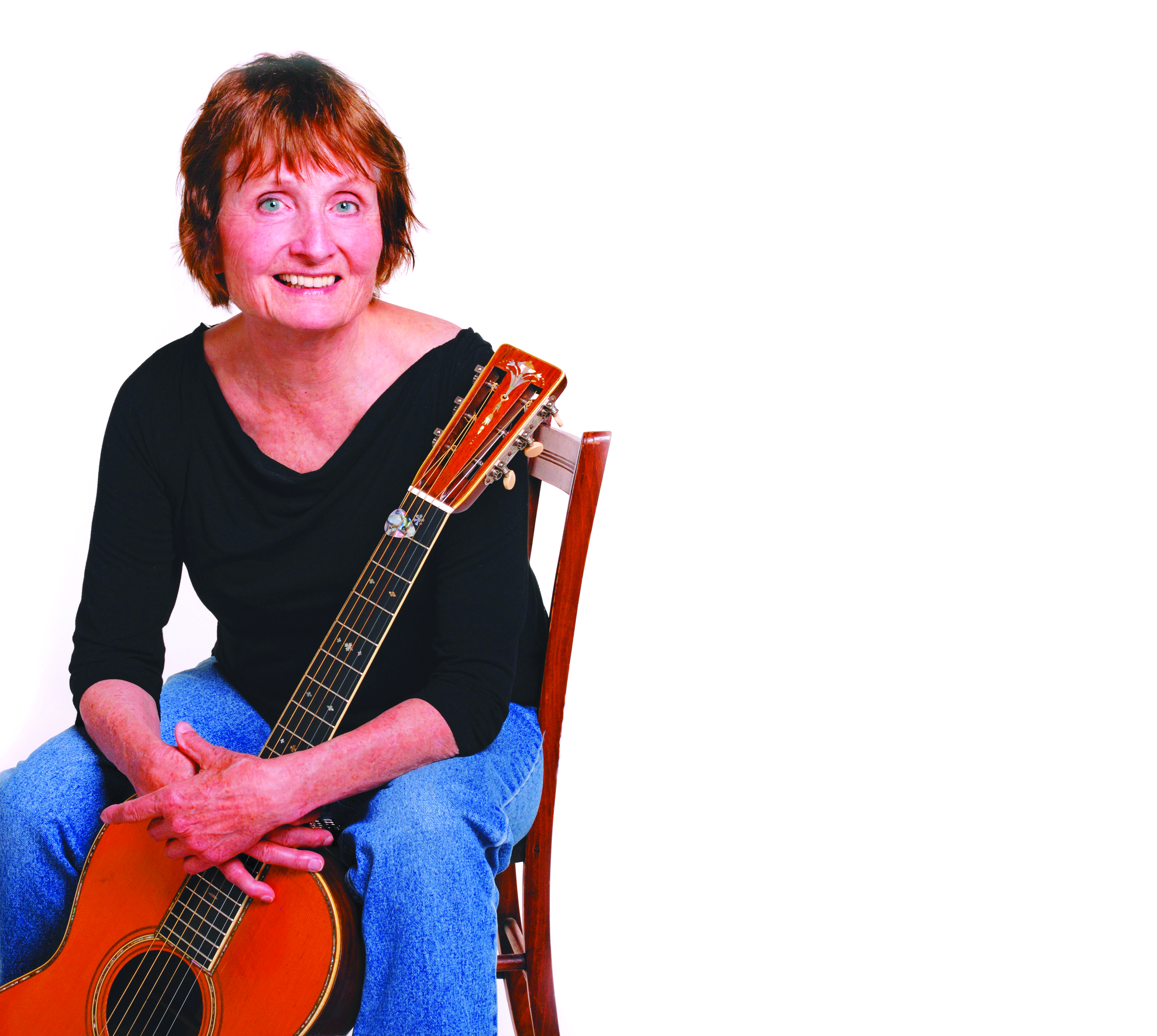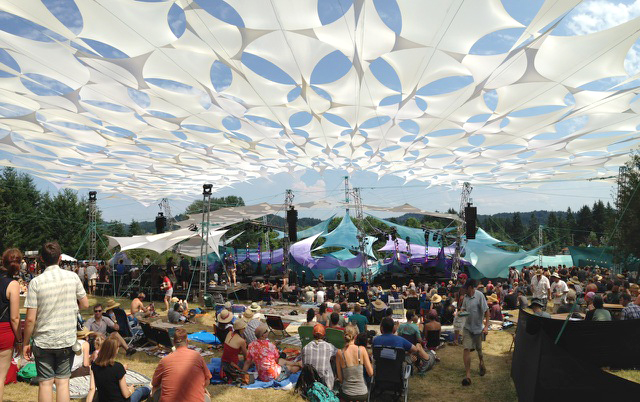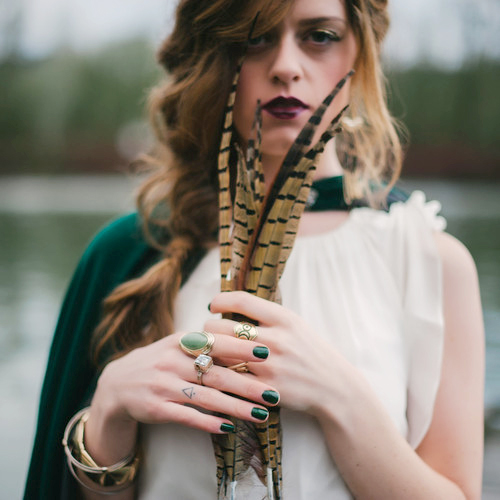On the second day of Pickathon, a rustic music festival in Happy Valley, Ore., founder Zale Schoenborn approached a musician drinking a beer backstage. He extended his hand and said, “Pleasure to meet you, Dan.”
Common music-festival scenario, right? Yes, save for one thing: Schoenborn thought he was meeting Dan Auerbach—half of the duo the Black Keys—but he was actually meeting me, a writer and musician from Portland. It was the fifth time that day I’d been mistaken for him.
In multiple cities over the years, I’ve been stopped on the street, shouted at from moving cars, and asked for autographs at Whole Foods. Passing praise like “Hey, Dan! Love the new album!” and “Black Keys rule!” has been flung at me as the Black Keys ascend higher into the stratosphere of rock stardom. This isn’t exactly a terrible burden to bear. I am, however, left with the unwanted responsibility of letting people down, and being a touring musician myself, it has led to some especially confusing experiences.
For instance, on tour with my band in Denver, I was stopped on the street by someone expressing excitement “to see your show tonight.” “Oh, thank you so much,” I responded, flattered, and followed up with a question about the small venue we were slated to play. When “my fan” seemed puzzled, I realized the Black Keys were also in town playing that night. Even after I protested I wasn’t Auerbach, the man still insisted on a picture with me.
Recently things got more interesting. The Black Keys will perform in my hometown of Portland on Halloween, the one night you can become any person you choose (I’m going to the show, in costume of course). But it got me thinking about the concept of identity and music, and how the Black Keys have explored the notion. Since forming in 2001, the duo has continually expanded its sound, from the raw, unapologetic, bare-boned rock of Rubber Factory to the string-based, ambient synth textures of their most recent release, Turn Blue. The group has weathered interpersonal rifts and uprooted to a different city, growing together while at the same time changing.
With my doppelganger unavailable for interviews, I spoke with Auerbach’s other half, Patrick Carney, for his thoughts on what identity means to him within the context of his group.
“Living in Akron affected our music in a certain way. It affected the way we thought about our music,” he says. “We identify heavily as a DIY band; my brother has always done our artwork; [and] aside from one album with Dangermouse [2011’s Brothers], we always produce our own music. I’ll always take myself as an Akronite, but you know, I had to get the fuck out of there when I left.”
Auerbach, Myles’ doppleganger, on right. Photo by Danny Clinch
As the band expanded from a local group into the national spotlight, its identity and place in that community shifted. “I felt a huge sense of guilt living [in Akron],” Carney says. “Being able to do what I wanted to do for a living. I had a sense of responsibility to some friends who I felt were more talented than myself, more deserving. A lot of people would rub that in my fucking face.”
The growing pains intensified as Auerbach and Carney found they didn’t belong to one community anymore. In 2010 they officially relocated to Nashville from Akron and established a recording studio there. It was a challenge for Carney to put his new home in perspective, and it offered an opportunity to reflect on his roots. “Being out in Nashville really brought out who I really missed back at home,” Carney says. “There are a lot of people pursuing their dreams [there].”
He strongly identifies with “the underdog,” he says. “I’ll always feel lucky, privileged, and undeserving. It’s hard to be in a place where there’s so much talent, but so little spaces to fit.”
It’s likely that identity—a dogged motivation inspired by humble beginnings—is what propelled the group to the heights it’s achieved. Yet Carney hasn’t forgotten the early days. He recalls a particularly colorful story from their first visit to Seattle. “The first time we were in Seattle was 2002, around July 25th. I remember showing up in town and playing at Chop Suey,” he says. “There were only 90 people there, but it felt like there were 500. I remember being paid $539 in a white envelope, and I was so protective since we had only saved up $400 that summer.”
He slept in the van outside the venue that night. “When I woke up around 2:30 in the morning, I took a piss next to the van and saw 15 guys in Santa suits. The bar right next door was… having a Christmas in July party.”
Such an anecdote is in marked contrast to the sold-out stadiums and concert halls the duo is now booking. Yet when Carney talks about playing an arena like Madison Square Garden, it’s that self-effacing style that appears to get him through. “You’re not doing something legendary,” he says. “You’re just doing something and hopefully people like it.”
I had to ask: Who would he be if he had one day to be someone else?
He paused for a while, then said, “Mark Mothersbaugh in the 1970s, late ’77.”
Maybe it’s the glasses, but you can kind of see that, can’t you? The Black Keys KeyArena, 305 Harrison St., 684-7200, keyarena.com. $31–$71. 8 p.m. Sat., Nov. 1.
music@seattleweekly.com
